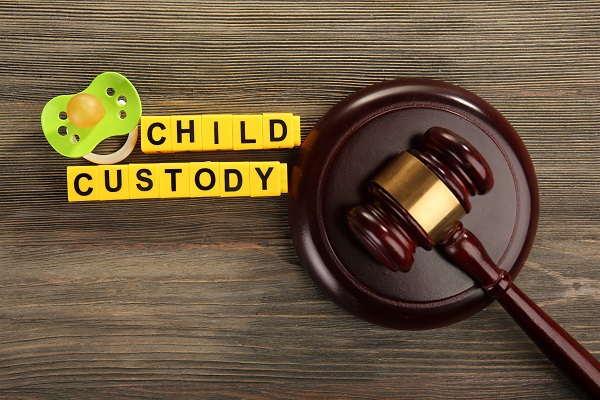As we enter the New Year, it’s a great opportunity to reflect on and reassess parenting goals and strategies. Begin 2025 by reviewing and enhancing your parenting plan. Whether you’re navigating co-parenting, single parenting, or simply striving to be the best parent possible, reviewing your parenting plan can help ensure that your children have a stable and supportive environment.
CA Certified Family Law Specialist Judy L. Burger explores some recommendations for reviewing and improving your current parenting plan.
Understanding the Current Landscape
The first step in reviewing any parenting plan is to assess how well the current plan has worked for your family in the past year. Here are some critical factors to reflect on:
- Routine and Structure: Did your daily routines provide enough stability for your children? Are there areas where you need to introduce new routines or tweak existing ones?
- Emotional Well-Being: How did your children cope with emotional challenges, whether those stemmed from school, friendships, or family dynamics? Are you fostering an environment where they feel comfortable expressing their feelings?
- Successes and Challenges: What worked well, and what didn’t? Make a note of both triumphs and struggles, from successful family activities to the challenges of juggling schedules.
Other issues you may need to address include changes in your work or living situation, changes in the other parent’s situation, new conflict or tension between parents, or any concerns for your child’s safety. California Family Law Attorney Judy Burger can help you review these and other aspects of your current court-filed parenting plan.
Setting Goals for 2025
Once you’ve established a clear picture of where you are, it’s time to set some goals for the upcoming year:
- Enhancing Communication: Effective communication is key. How can you create or improve open channels where your children feel safe discussing their thoughts and feelings? This may involve setting aside dedicated time each week for family discussions.
- Nurturing Independence: Children need opportunities to explore independence as they grow. How can you introduce more age-appropriate responsibilities to help them develop confidence and decision-making skills?
- Prioritizing Quality Time: Busy schedules can make it challenging to prioritize quality family time. How can you schedule regular family outings, game nights, or even quiet evenings at home?
- Educational Support: Education is an ongoing journey. Evaluate how you can best support your children academically, whether that means being more involved in their school activities, seeking additional resources, or simply providing a conducive homework environment at home.
Life is unpredictable, and plans can change. Flexibility is an absolute must. Just because something has worked in the past doesn’t mean it will work in the future. Be open to adapting your parenting plan as necessary to navigate any unexpected challenges that might arise. Child Custody Attorney Judy L. Burger can offer professional advice when circumstances seem overwhelming or schedules always seem to conflict. She can provide insights and strategies tailored to your unique family dynamics.
Get Help with Your CA Parenting Plan
Reviewing your parenting plan for 2025 is about reflecting on the past, setting goals for the future, and fostering an environment of love, support, and growth for your children. Remember, your parenting plan is filed with the court and becomes a legally binding agreement, so any changes must be resubmitted to the court for approval.
Judy Burger can help you evaluate what works and what doesn’t while offering advice on remaining flexible in your approach as you create a fulfilling and balanced family life. Contact one of our eight offices across California to schedule a consultation.











